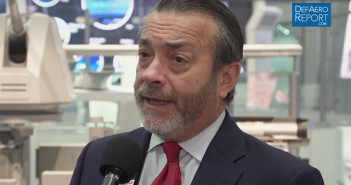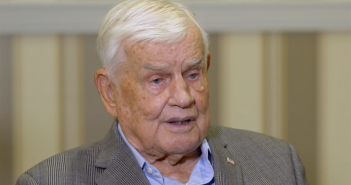
AFA Lifetime Achievement Award Recipient Anderson on WWII Missions, Air Combat
Col. Clarence “Bud” Anderson, USAF Ret., a World War II triple ace and 2017 Air Force Association Lifetime Achievement Award recipient, reflects on his WWII missions and discusses what air combat was like then during Part 2 of a Sept. 19, 2017, interview at AFA’s 2017 Air, Space & Cyber conference and trade show near Washington. Defense & Aerospace Report’s coverage is sponsored by L3 Technologies & Leonardo DRS, and this interview is in partnership with AFA.

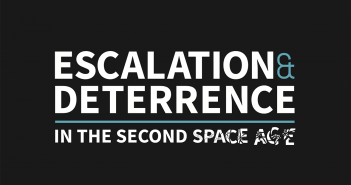
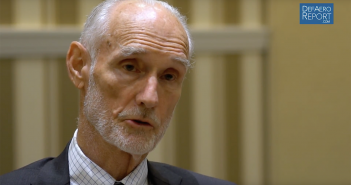
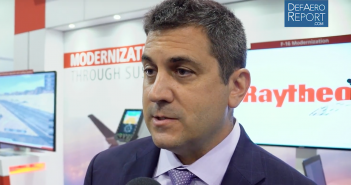
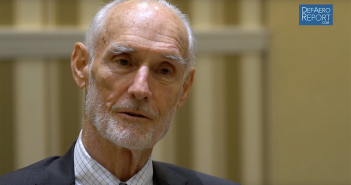
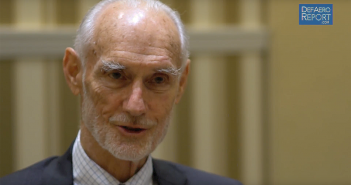
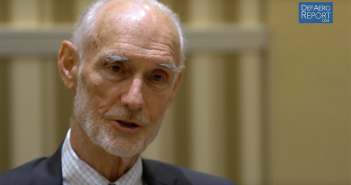
![Defense & Aerospace Business Report [October 2, 2017]](https://defaeroreport.com/wp-content/uploads/2017/06/PodcastTile-1-351x185.gif)
